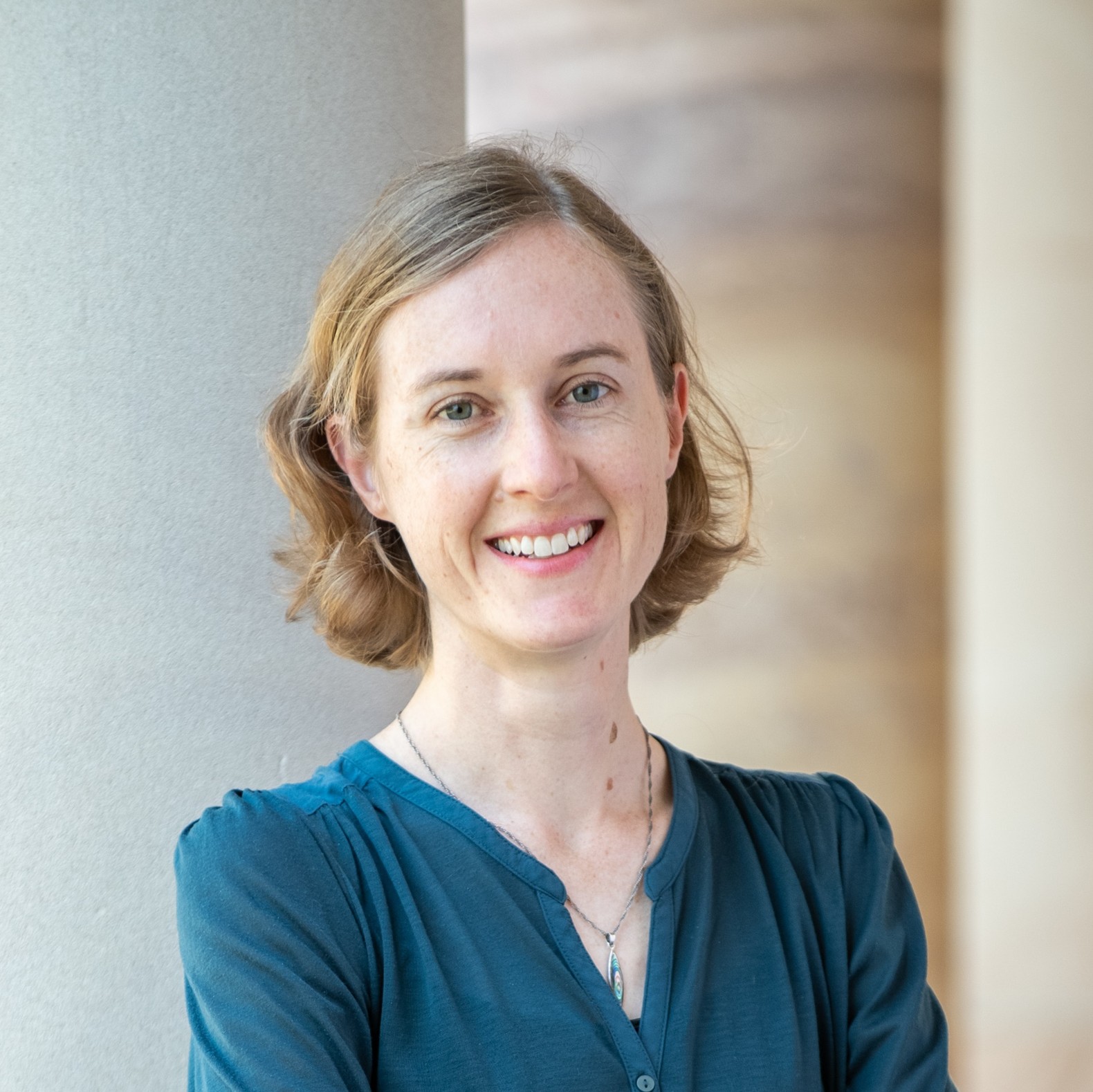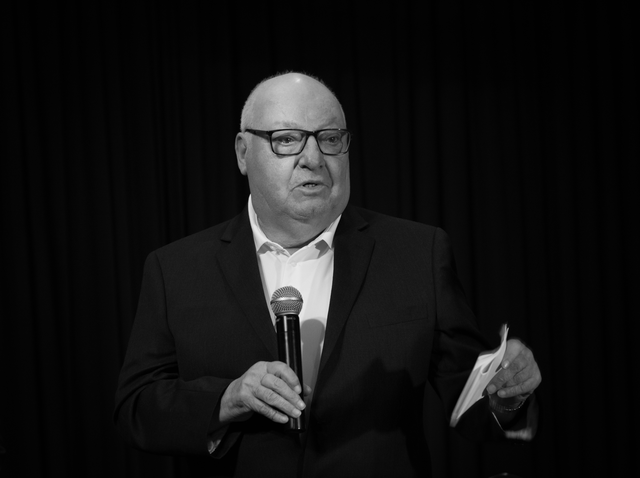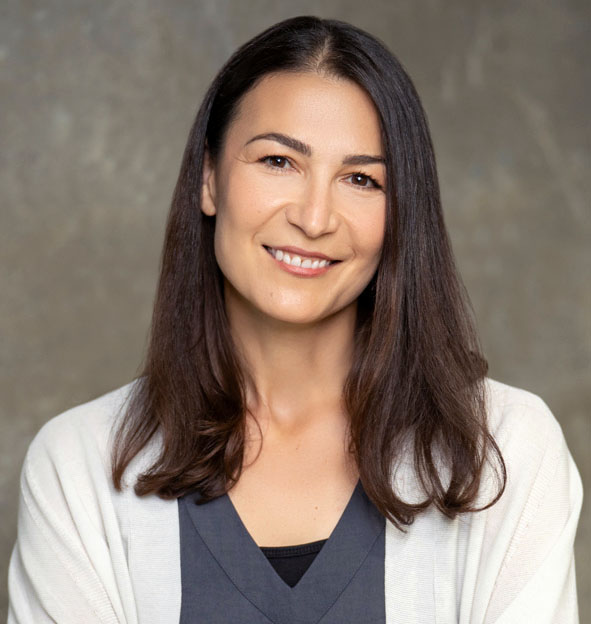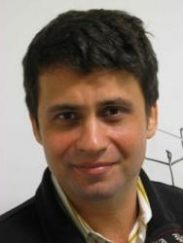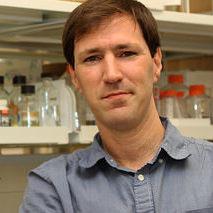The award was established by the Boulder Peptide Foundation in 2019 through a generous endowment from Dr Waleed Danho to recognize and support promising academic researchers in the peptide field who have completed a doctorate degree and are pre-tenured or on a non-tenure track. The awardee receives a one-year research grant in the amount of $5,000 USD paid in a single payment to the awardee’s institution.
Who is eligible to be nominated?
The applicant must be either on a pre-tenure or non-tenure track
AND
c) have completed a doctorate no more than 15 years prior
d) affiliated with an accredited institution
e) not employed part time by a for-profit company
Individuals who have received tenure are NOT eligible for the award.
What is the award selection criteria?
The awardee shall be chosen on the basis of Professional Achievement and Quality of Research.
Factors for Professional Achievement are individuals who demonstrate early abilities to one day become key thought leaders in peptide science. Ability to communicate effectively, with enthusiasm, to collaborate with peers and to mentors others are key.
The criteria for Professional Achievement are:
a) Has the candidate demonstrated the capacity to carry out independent research?
b) Does the candidate have potential to become an outstanding scientist who will make significant contributions to the field?
c) Is there evidence of past and present research productivity as evidenced by contributions to the scientific literature, and success in obtaining independent funding?
d) Has the candidate demonstrated the ability to conceptualize and organize a long-term research approach?
e) Is there evidence of current independent, peer-reviewed research support?
f) Is the candidate’s level of training, experience, and competence commensurate with the purposes of the award?.
The quality of research shall be determined by
a) importance of contribution to peptide biology, disease mechanisms and translational research in peptide therapeutics.
b) volume of publications
c) publication in high impact journals
What is the selection process?
Nominations for award candidates shall be solicited by the Boulder Peptide Society from the Scientific Advisory Board and members of the public. Individuals may also apply and submit their own name for consideration. All submissions should be in sufficient detail to support the requirements for Qualifications and Award Criteria specified above.
The qualifications of each nominee shall be vetted by the Directors of the BPS and forwarded to the Award Selection Committee. The Selection Committee shall rank the nominees against the Award Criteria, the nominee with the highest rank shall be notified by the SAB Chairperson and invited to attend the next Boulder Peptide Symposium to receive the award and give an oral presentation.
Nominees that do not win the award will automatically be considered for the next YIA review cycle which recurs every 2 years. At that time the Scientific Advisory Board will contact the previous nominees to offer them an opportunity to refresh their application for the review process.
COMPLIANCE WITH CONFLICT OF INTEREST: The BPS has adopted a policy on conflict of interest. In compliance with this policy any SAB member or Board Director that has a "prior existing relationship" with an award nominee must identify that relationship to the Board of Directors. The BOD shall decide if a conflict of interest is present and if the individual should be recused from voting on a specific award nominee.
"Prior Existing Relationship": exists if a member of Scientific Advisory Board and the nominee have been employed by the same organization (company or academic institution) in the past 12 months.
Award Timeline
April 30th- Deadline to submit award nominations
May- Selection Committee reviews the nominations and the SAB approves the selected awardee. The award recipient is contacted and notified.
June 1st- The Award Recipient is publicly announced.
BPS 2025 (September 15-18, 2025)- The award recipient will give a presentation at the Boulder Peptide Symposium and receives the award.
Meet the 2023 Young Investigator Award Recipient: Dr. Helena Safavi
Helena Safavi is an Associate Professor of Biochemistry at the University of Utah in Salt Lake City. Dr. Safavi studied biology at the University of Cologne (Germany) and the Australian Institute of Marine Sciences in Townsville (Australia). She obtained her PhD in Biochemistry and Molecular Biology at the University of Melbourne (Australia) in 2011 where she was trained in the transcriptomics and proteomics identification of bioactive peptides from animal venoms under the supervision of Prof. Anthony Purcell. Following her PhD studies Dr. Safavi received a Marie Curie Postdoctoral Fellowship to conduct a joined research project on the large-scale identification and biomedical characterization of peptide toxins and biosynthetic enzymes with Lars Ellgaard at the University of Copenhagen (Denmark) and Toto Olivera at the University of Utah (USA).
Read the announcement
Meet the 2018 Young Investigator Award Recipient: Jevgenij Raskatov
Jevgenij Raskatov is the Assistant Professor in Department of Chemistry at the University of California Santa Cruz. Dr. Raskatov received his B.Sci. in Chemistry from the University of Heidelberg in 2006 and D.Phil in Physical Organic Chemistry from Oxford University in 2009, under the supervision of J. M. Brown. From 2009 to 2014, he was a postdoctoral researcher at California Institute of Technology working under the supervision of Peter Dervan at the Department of Chemistry and Chemical Engineering.
Read the announcement
Meet the 2016 Young Investigator Award Recipient: Albert Bowers
Albert Bowers is Assistant Professor in the Division of Chemical Biology & Medicinal Chemistry at the Eshelman School of Pharmacy of the University of North Carolina at Chapel Hill. Albert received his PhD in organic chemistry (synthetic methods) from the University of Illinois at Chicago under the direction of Dr. David Crich. He carried out postdoctoral research in total synthesis at Colorado State University under the direction of Robert M. Williams, then moved to an NIH sponsored fellowship at Harvard Medical School to continue postdoctoral research in biosynthesis under the direction of Christopher T. Walsh. In addition to his appointment in pharmacy at UNC, Albert is a member of the UNC Lineberger Comprehensive Cancer Center and affiliate member of the Center for Integrative Chemical Biology and Drug Discovery.
Read the announcement
Meet the 2014 Young Investigator Award Recipient: Ratmir Derda
Ratmir Derda is the Assistant Professor in Department of Chemistry at University of Alberta. Ratmir received his B.Sci. in Physics and Biophysics from Moscow Institute of Physics and Technology in 2001 and Ph.D. in Chemistry from the University of Wisconsin-Madison in 2008, under the supervision of Laura L. Kiessling. From 2008 to 2011, he was a postdoctoral researcher at Harvard University working under the supervision of George M. Whitesides at the Department of Chemistry and Chemical Biology and Donald E. Ingber, at the Wyss Institute for Biologically Inspired Engineering.
Read the announcement
